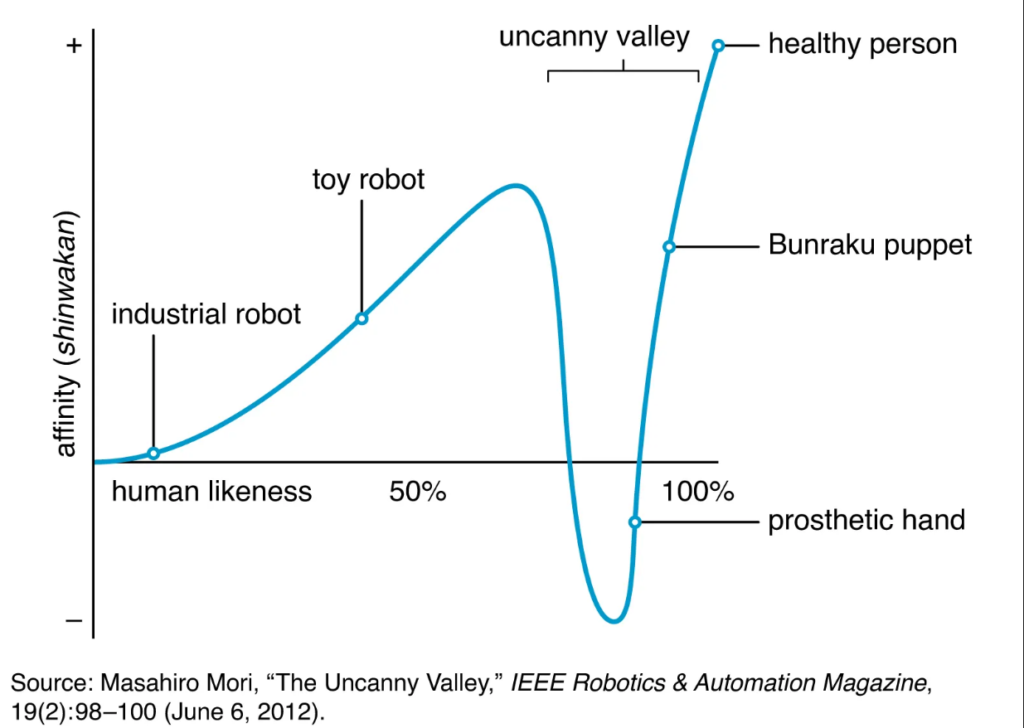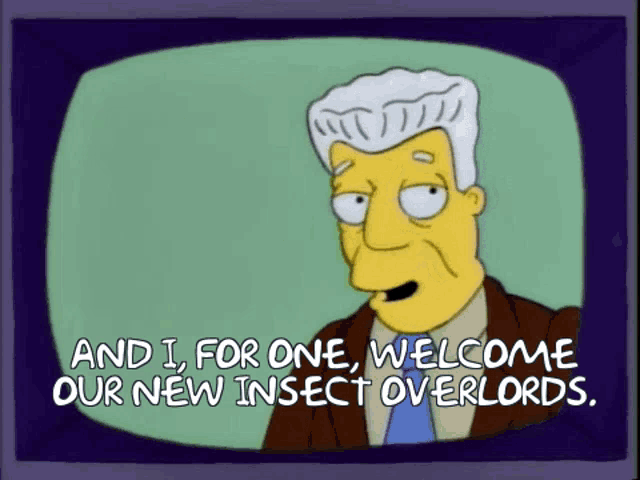Kevin Donnellan from Explainable was kind enough to interview me with some very interesting questions.
Here’s the full interview:
First off, The Infinite Conversation. What first sparked the idea, why Herzog and Žižek? And could you talk through how practically you set it up?
I wrote extensively about how the idea came about in this article. The short version is that I was checking what the state of the art in text-to-speech was and I was mesmerized by the quality obtainable with open-source tools. On a practical level, the Infinite Conversation comprises four models, two for each speaker. A voice model (trained on about one hour and a half of speech) and an LLM finetuned to several interviews and texts written by the interlocutors. Those four models are orchestrated so that the text generated by one model is then fed both to the corresponding voice model and as a prompt to the other text-generating model, in an infinite back-and-forth loop.
What kind of reaction have you had to the project? What have you thought of that reaction?
Last I checked, the Infinite Conversation had been listened to by over half a million unique visitors, for a total of over two million minutes. I feel somewhat guilty that I deprived humanity of this much time. I think the overwhelming majority of visitors “get it” immediately and don’t take what they hear too seriously, which makes me feel a bit better. I was hoping that this project would help bring awareness about the risks of using AI unscrupulously, and I think that at least in small part, that goal was met.
I have been looking at a lot of AI-related creative content and it’s one of the few things I’ve seen with a sense of humor behind it. Is that lacking in AI a little?
I’m not sure if you are asking about LLMs or the use of AI in generating creative content. If it’s the latter, I haven’t been following closely what other AI practitioners are doing, creatively speaking. But when it comes to generated content, I can assure you that large language models are capable of generating amazing humor. This is not obvious chatting with ChatGPT or any of the other models that have been scrubbed out of anything remotely offensive, because most adult humor needs to slice at something, it needs to have an edge. But if you go deeper into the underworld of LLMs, you’ll find that the secret to humor has already been cracked and it’s right there, along with a significant portion of all human knowledge, hidden in those billions of parameters.
It’s also possible that your question refers to AI as a field in general. If one had to judge by what they see on social media, you would get the impression that the conversation around AI consists in either panicking (because of all the obvious reasons why one could panic when realizing what is happening), or in feeling inebriated by the pace of progress, to the point of disregarding anything that is not good news. Sobriety and a more balanced approach to AI are as rare as common sense on SM.
What, in your opinion, makes something ‘AI art’ and what is merely ‘AI content’? Or is that even a fair distinction?
This question, or one of its close variations, is what inspired me on a new project which I am currently working on. I don’t want to talk much about it, as it’s still in an embryonic phase, but I’ll just say this. A majority of the people who are alive today, and possibly most people who ever lived, feel a certain discomfort at the idea of consuming content that they know was generated by a machine. But we’re emerging on the other side of the uncanny valley and soon we will not have an option. Machine-generated content is already inundating the web and it’s going to be impossible to tell if someone on social media is really a person. Whether we will eventually consider AI-generated content as art or not fully depends on the way we relate ourselves to these new systems. If we will accept them into our lives and start treating them as social entities, then I am convinced we will in time recognize that some of the content generated by AI is inspiring, and we might accept that as ‘AI art’. The so-called art establishment will largely mediate this distinction, and I would be surprised if the hive mind would suddenly accept this notion overnight. My hunch is that it will be a slow and messy affair.

How would you like to see people engaging creatively with AI tools? Is there something you would like to see more or less of?
If computers were a bicycle for the mind, AI is a freaking rocket. I feel supercharged by these new tools. I can’t even start to ponder the amount of projects I abandoned over the years because of complexity or lack of resources. Now there are no more excuses. I can literally imagine an object, describe it in detail in English, and have a 3D model emerge on the other side which I can then print. Everything happens so much faster. In that sense, I, for one, welcome our new AI overlords. In the context of your question, what I would like to see is just people being awesome and doing amazing stuff, only more than before.

What are you working on at the moment?
Like every other AI practitioner, I’m dedicating a lot of time to autonomous agents and the way they can deal with open-ended tasks. It’s an exciting area of research and it seems that right now academia, tools, and industries in that space are advancing rapidly. We reached the point where we can plug flexibility and common sense into software, something that I find liberating since it allows me to wear both my humanist hat and my CS hat at the same time.
How can you see AI tools affect art and creativity over the coming years?
I feel a great deal of compassion towards art teachers, particularly visual arts teachers, all over the world. It cannot be an easy moment for them to face. There’s a triad of crisis coming at them.
1) An economic crisis. As text-to-image models regurgitate millions of images every day, it would be naive to think that this will not affect people who used to make a living creating illustrations the old way. This will probably have consequences up the chain.
2) A continuity crisis. These models went from almost unusable to astoundingly good within 5 years. That’s not enough time to adapt the way you teach and it’s not enough time to digest how kids use these tools to explore the creative landscape.
3) A crisis of meaning. What does it mean to attach your self-worth to your talent, when a statistical algorithm is capable of producing in mere seconds professional results that would take you hours, if not days, to imitate? We, as a society, are susceptible to a massive wave of depression. Particularly people under the Anglo-Saxon or Confucianism sphere, where work is strongly tied to one’s self-perception.
Thinking about it, these 3 crises will affect many if not all areas of knowledge, not just the art world. It’s not all bad though. The focus will shift from technique to concept. The meta-game will be explored more in-depth. People will feel more empowered. Hopefully we as a society will have the wisdom to solve the economic disruptions caused by this massive shift.
Overall, it’s very hard to respond to your question beyond a very short horizon. On a bad day, I feel like von Trier’s Melancholia. On a good day, I feel like an unironical reading of the poem All Watched Over By Machine Of Loving Grace.

Is there any AI tool, or tools, you particularly like to use?
I cannot respond to this with an insightful answer. But your question is interesting in and of itself because you emphasize the difference between singular and plural. The trend is clearly towards the centralization of several tools into one. This happened previously in the history of software (see Zawinski’s Law). In the case of AI, it’s not about bloatware, but about the notion that a truly intelligent system needs to be multimodal and capable of transferring knowledge between domains. So, responding indirectly to your question, today I use all of the usual suspects, but I am convinced that tomorrow, in a not-too-distant future, I will use only one tool: The Artificial Intelligence.
Post a Comment through Mastodon
If you have a Mastodon account, .